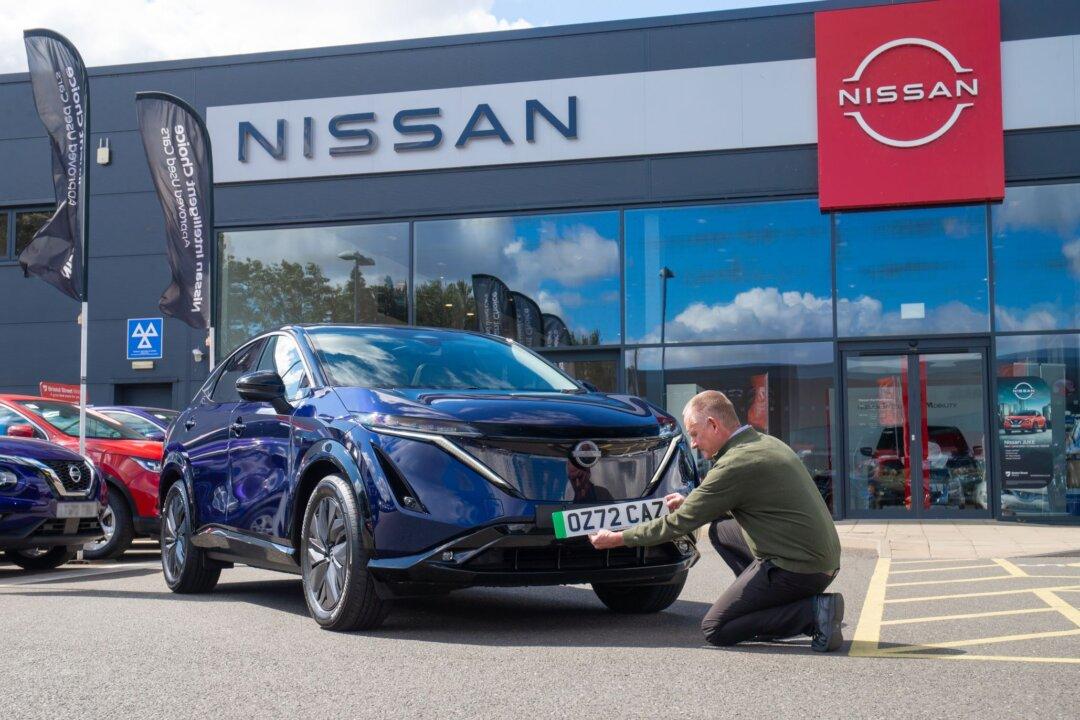The Society of Motor Manufacturers and Traders (SMMT) has warned the price of electric vehicles imported from the European Union will jump by £3,400 in January because of post-Brexit trade rules.
SMMT has called on Britain and the EU to postpone the implementation of tougher rules of origin requirements on batteries for electric vehicles (EVs) for three years.





